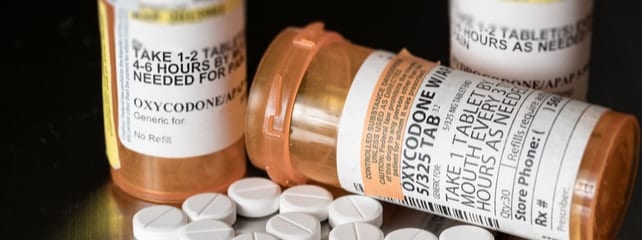
Grounds for Appeal of a Florida Drug Conviction?
In 2002, Florida became the only state in the United States that did not require prosecutors to prove criminal intent related to drug offenses when the Florida legislature passed the Florida Comprehensive Drug Abuse and Prevention Law. In effect, the legislature criminalized unknowing possession; you could be found guilty of a drug offense regardless of whether or not you knew drugs were in your possession.
Last Wednesday, Judge Mary Scriven of the U.S. District Court in Orlando found the lack of intent as an element of a drug offense was unconstitutional because it violates a defendant’s right to due process. Due process is guaranteed by the U.S. Constitution and is intended to preserve fundamental fairness in court proceedings, including, in the criminal context, that a defendant should be presumed innocent until proven guilty of the charged crime beyond a reasonable doubt.
Because it contains no intent requirement, Judge Scriven held the Florida Drug Abuse and Prevention Law unconstitutional on its face, calling it unreasonable and draconian.
18-year Sentence for Delivery Leads to Federal Contest
The ruling resulted from the 2005 conviction of 33-year-old Mackle Vincent Shelton for, among other charges, delivery of cocaine in Osceola County. Shelton challenged his conviction on state drug charges in federal court, claiming it violated the U.S. Constitution because the issue of whether he intended to commit the drug crimes was not decided by the jury.
The National Association of Criminal Defense Lawyers (NACDL) summarized in their amicus brief in Shelton’s case that the Florida law effectively created criminals out of otherwise innocent individuals. For example, “a Federal Express delivery person who unknowingly delivers a parcel containing a controlled substance, would be presumed a felon under Florida’s drug law.”
The case will likely proceed through to the Court of Appeals and will ultimately be resolved by the U.S. Supreme Court or the Florida Supreme Court. If Florida’s drug law is held unconstitutional, thousands of Florida drug convictions may be overturned and pending cases dismissed because the law in its entirety was held unconstitutional by Judge Scriven’s ruling.
Source: St. Petersburg Times, “Federal judge rules Florida drug law unconstitutional,” 7/29/2011



